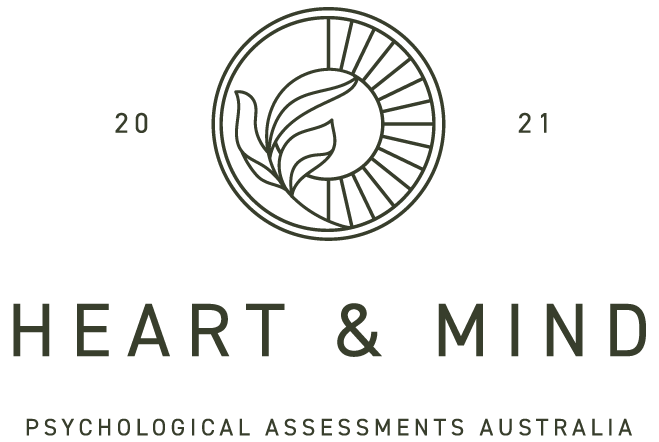What Are Psychological Assessments.
Psychological assessment can sound intimidating. If this is something you or a loved one require, knowing what to expect will ease the process. Psychological assessments are performed by psychologists to determine if you are neurodivergent or experiencing an emotional disorder such as anxiety. Using this, a psychologist is able to make a diagnosis and develop a treatment plan, allowing you to have a better understanding of your particular concern and manage symptoms more effectively (Eabon & Abrahamson, 2013).
Psychological assessments are conducted for a variety of reasons. They are often conducted on children who are experiencing cognitive developmental delays or learning difficulties at school. Psychological testing is also used to diagnose adults that may be experiencing difficulties with relationships, interpersonal skills, or anger management. Performing these assessments allow us to understand if there are underlying causes for these issues and how we can manage these to lessen their impact on your life (Australian Psychological Society, 2022).
Psychological assessments vary depending on the symptoms that you or your child presents with. They can include many different components such as tests, surveys, school or medical records, psychological interviews, and observational data (Eabon & Abrahamson, 2013). Tests can range from pen-and-paper style tests to computer tests that examine information recall, comprehension, and puzzle solving abilities (APS, 2022). The specific types of assessments used are chosen by our psychologist to suit your unique situation; allowing our psychologist to understand how you feel, think, and behave, to assist their diagnosis (Domino & Domino, 2006).
Receiving a diagnosis can be a confronting and confusing process. Here at Heart and Mind we are dedicated to ensuring that you have a thorough understanding of the diagnosis and a personalised treatment plan tailored to your specific situation. We will be there every step of the way to guide you on your journey of self-discovery, and offer support when you need it. Through this, we are dedicated to ensuring that the process is not clinical or cold. Instead, we focus on helping you find answers and facilitating self acceptance. It is vital to celebrate what makes us unique and use our strengths to achieve our goals.
If you believe you or your child may be neurodivergent—or require assistance with symptoms—book an appointment with our friendly and experienced psychologists who can help you to understand and manage your symptoms.
Researched and written by Chantelle Takos
Edited by Liam Correll
References
Domino, G., & Domino, M. (2006). Psychological testing. Cambridge: Cambridge University Press.
Eabon, M., & Abrahamson, D. (2013). Understanding psychological testing and assessment. American Psychological Association. https://www.apa.org/topics/testing-assessment-measurement/understanding
Australian Psychological Society (2022). Psychological Testing. https://psychology.org.au/psychology/about-psychology/what-does-a-psychologist-do/psychological-tests-and-testing
